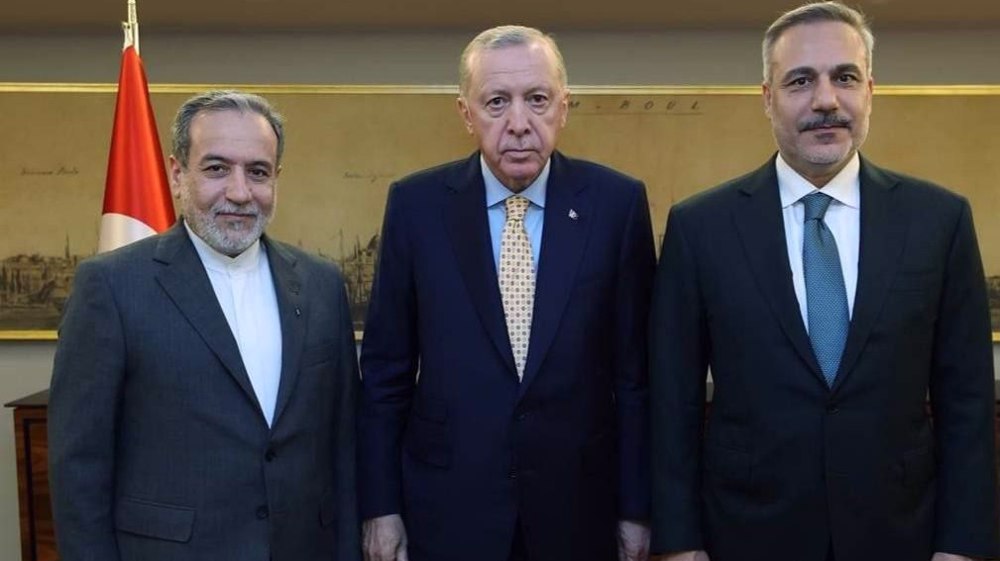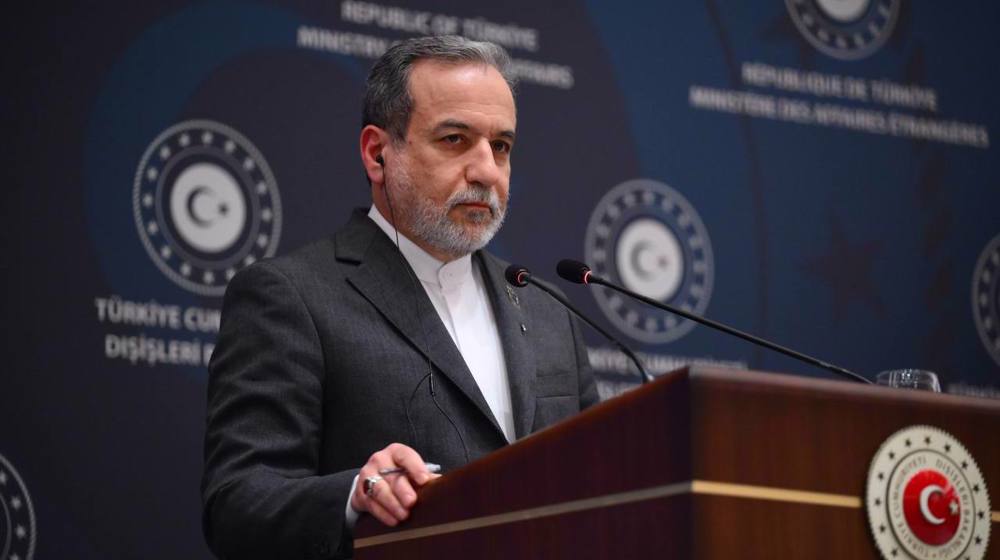Turkish ex-president implicitly criticizes government foreign policy
Turkey’s former President Abdullah Gul has called on the Turkish government to reconsider its policy toward the Middle East and Arab governments.
“To be honest, I think it would be useful to revise our policies with regards to the Middle East and the Arab world with a more realistic approach,” Gül said on Saturday during a fast-breaking dinner, which was also attended by his successor incumbent President Recep Tayyip Erdogan.
Gul, who handed the presidency over to Erdogan in the elections in August 2014, has been an outspoken critic of the foreign policies of the Turkish government.
In his Saturday remarks, he said that Ankara should play a positive role in the region and improve its relations with countries from Libya to Egypt, Yemen and all Persian Gulf countries.
In an interview with Kuwait’s news agency KUNA in November 2014, Gul criticized the Turkish president’s policies vis-à-vis the chaotic situation in neighboring Syria, saying, “I am sure that one day (God forbidden) the chickens of Erdogan’s past follies in Syria will come home to roost.”
Turkey has also been one of the main supporters of the militancy against Syrian President Bashar al-Assad, with reports indicating that Ankara actively trains and arms militants operating in Syria.
Gul further pointed to the issue of the Israeli occupation of Palestinian territories, and said, “It is a pity that Islamic countries consume themselves while the Palestinian issue remains unsolved in the Middle East.”
Israel has been committing illegal activities in the occupied territories since the 1967 Israeli occupation of the Palestinian territories of the West Bank and East al-Quds (Jerusalem).
Love-hate relationship?
Relations between Ankara and Tel Aviv deteriorated after Israeli forces attacked Turkish Gaza-bound aid ship Mavi Marmara in international waters in May 2010 and killed nine Turkish pro-Palestinian activists on board. A tenth Turkish national later died of his wounds.
Tel Aviv, however, restored relations with Ankara in March 2013 after US President Barack Obama brokered a deal in which he advised Israeli Prime Minister Benjamin Netanyahu to apologize to Turkey for the deaths of the activists. The deal also called for the Tel Aviv regime to pay compensation to the families of the victims.
According to a report by Israeli newspaper Haaretz, Israel’s Foreign Ministry Director General Dore Gold and Turkish Foreign Ministry Undersecretary Feridun Sinirlioglu held a secret meeting on June 22 in the Italian capital, Rome, to discuss the restoration of relations between Ankara and Tel Aviv.
US defenses overwhelmed by Iran’s drone and missile barrages: WSJ
IRGC says second US THAAD anti-missile unit destroyed
CNN journalists abducted by Israel while reporting on damage from Iranian strikes
Iran denies attacks on Oman as it warns of US-Israeli ‘false-flag’ ops
Iran knows where Netanyahu convenes his meetings: Ex-IRGC chief
‘Law of jungle’: China says Israeli-US aggression against Iran must stop
Iran says committed to regional security; retaliatory attacks only target Israel, US assets
'Blatant war crime': Iran denounces US-Israel strikes on Gandhi hospital in Tehran










 This makes it easy to access the Press TV website
This makes it easy to access the Press TV website